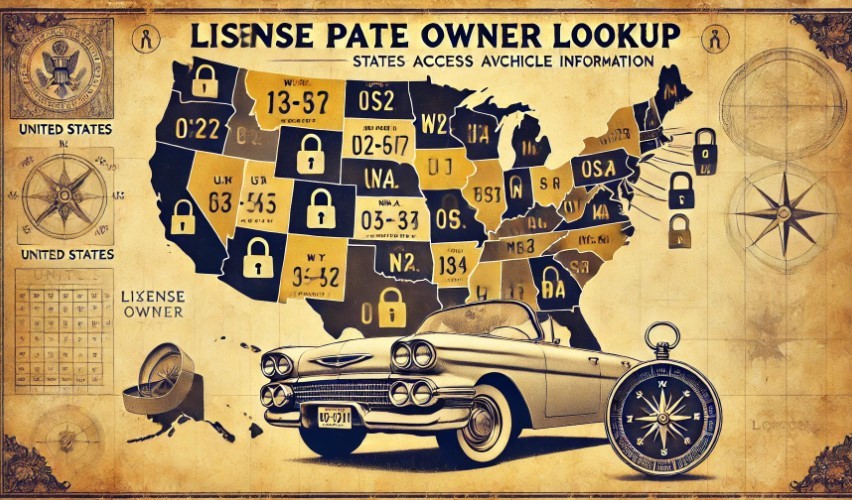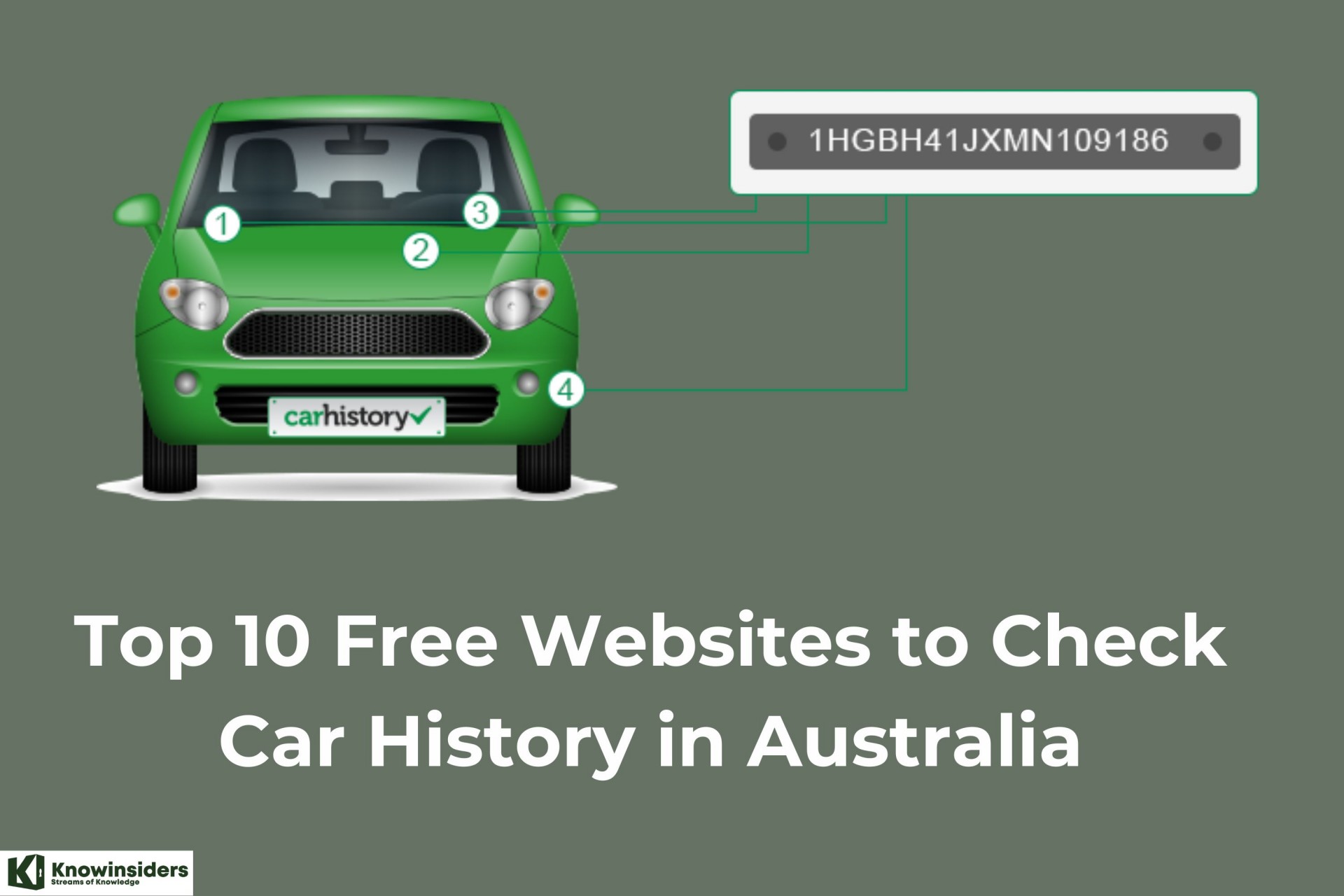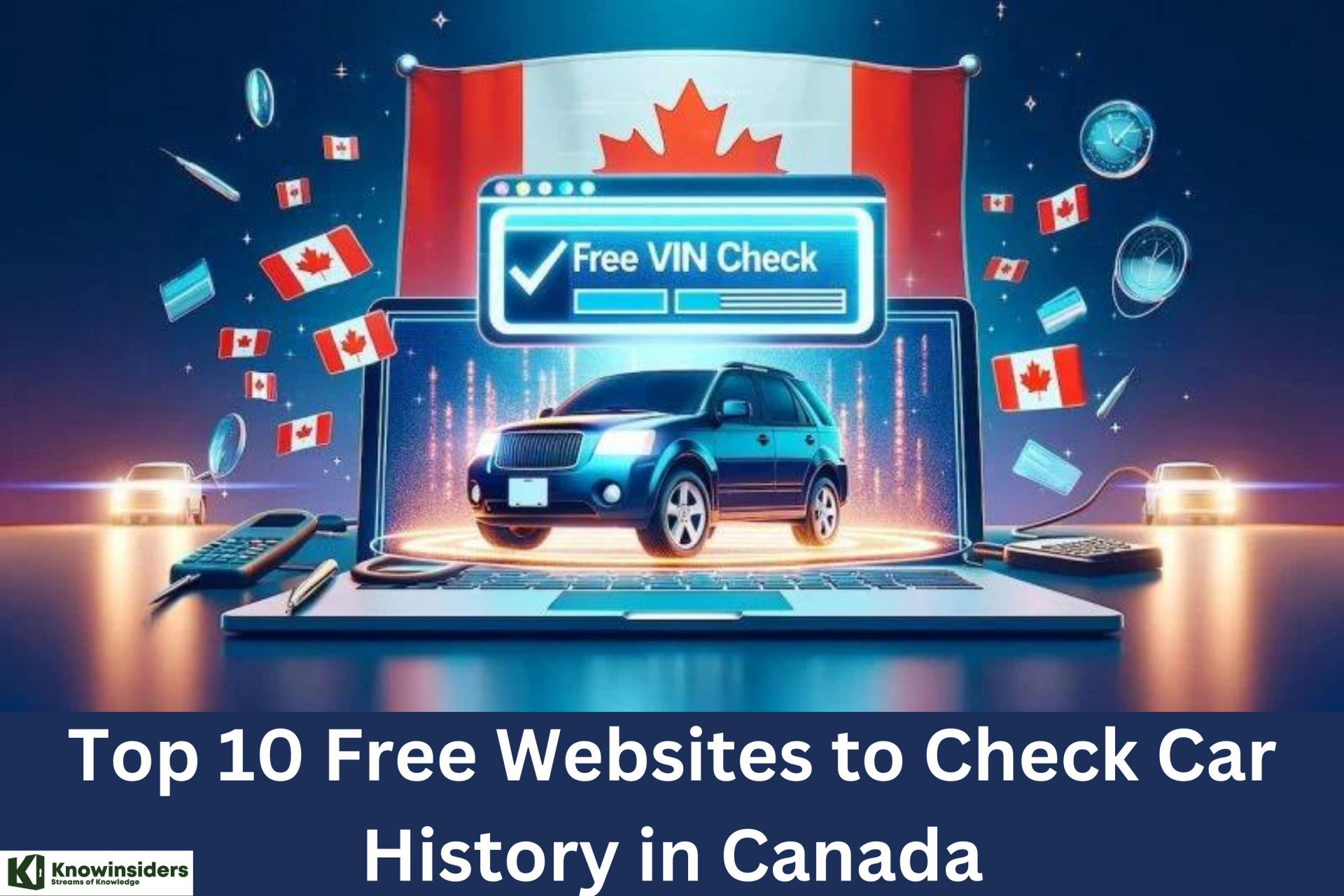How To Find The Best Car Insurance Policy
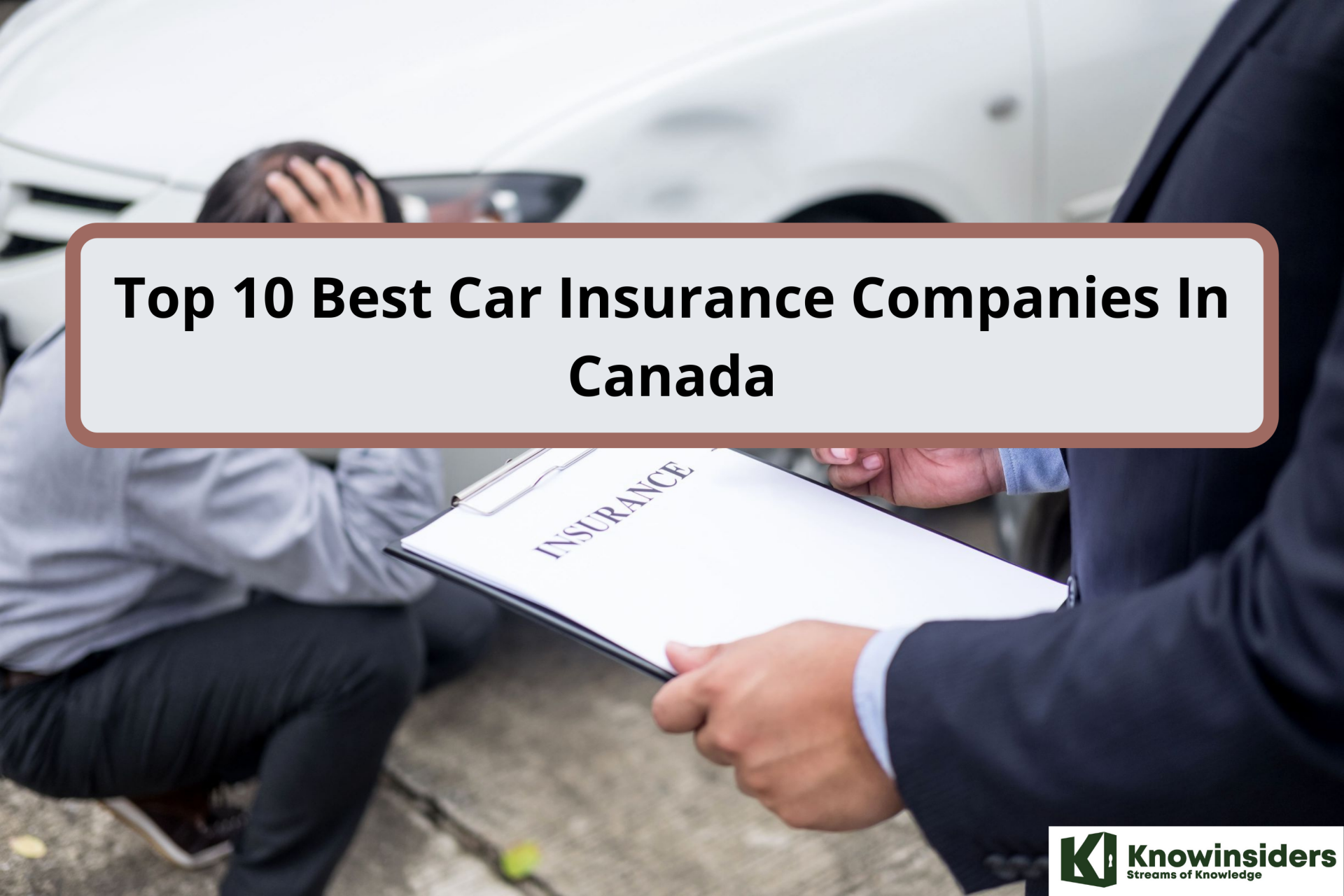 Top 10 Best Car Insurance Companies in Canada - Cheapest Quotes Top 10 Best Car Insurance Companies in Canada - Cheapest Quotes |
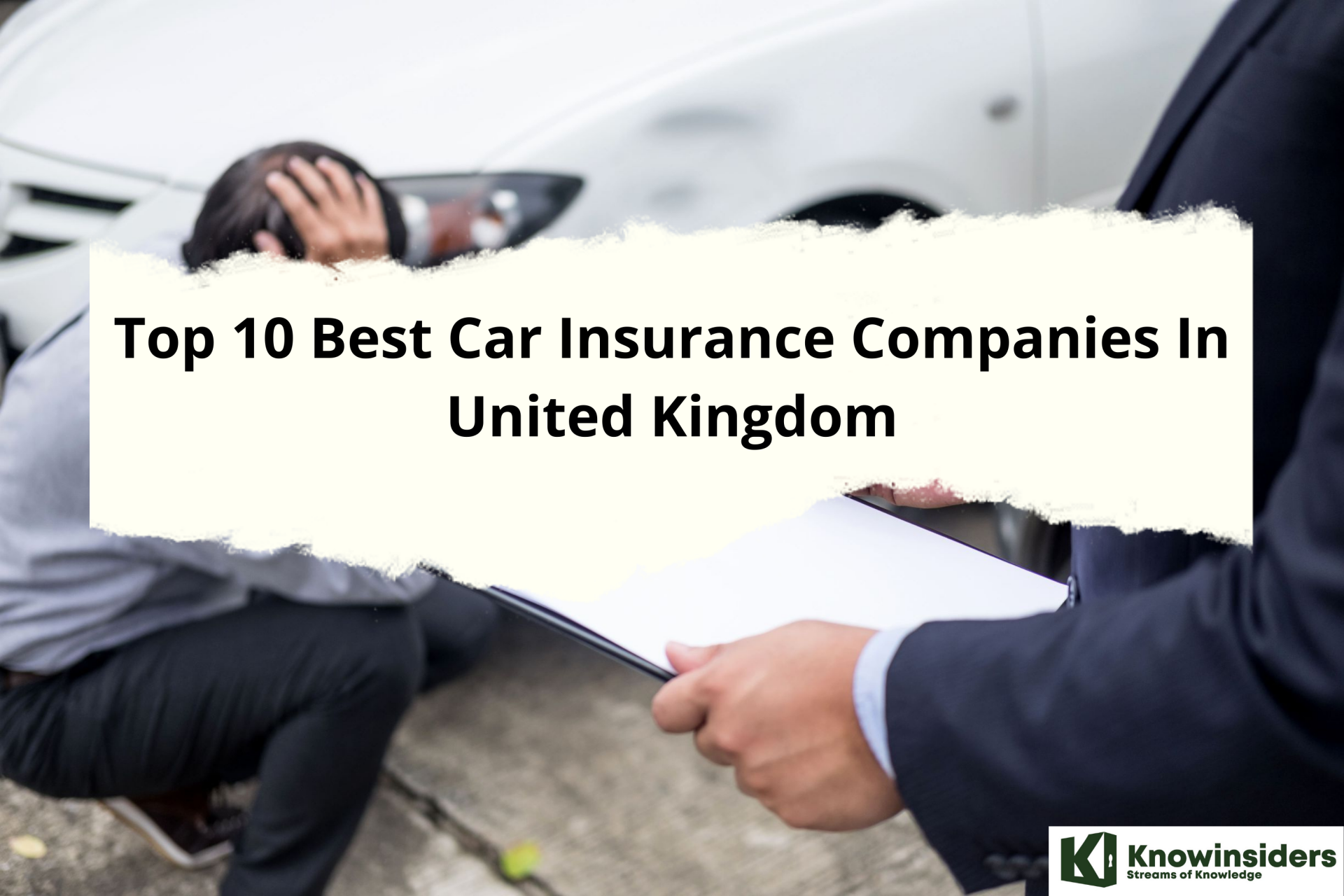 Top 10 Best Car Insurance Companies in UK - Cheapest Quotes Top 10 Best Car Insurance Companies in UK - Cheapest Quotes |
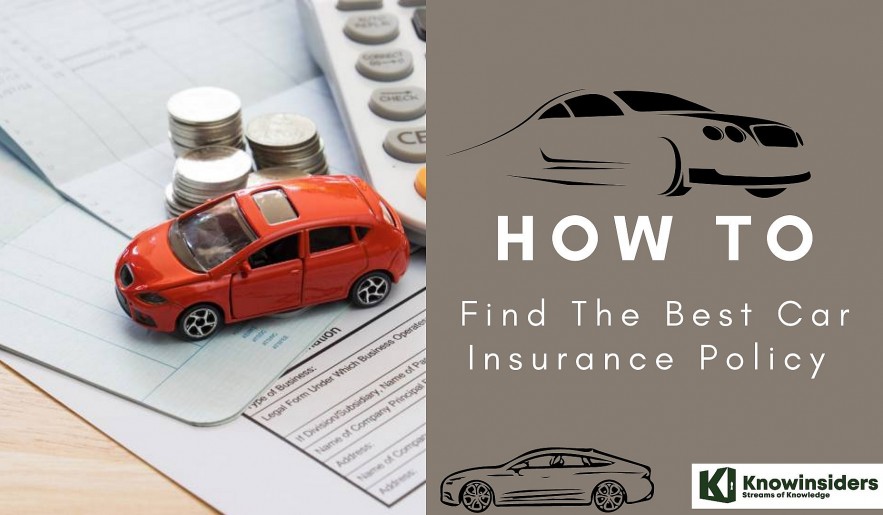 |
| The Easiest Ways To Find The Best Car Insurance |
| Contents |
Having car insurance is a necessity if you drive a car to and from work every day. Insurance for automobiles, trucks, motorcycles, and other road vehicles is known variously as vehicle insurance, car insurance, motor insurance, or auto insurance. Its main function is to protect policyholders financially in the event of vehicle-related losses due to collisions, injuries, or liability claims.
Theft coverage, as well as coverage for damage to the vehicle from things like vandalism, weather, and colliding with immovable objects, are all possibilities with vehicle insurance. Vehicle insurance policies have different requirements depending on local laws.
In the article below, Knowinsiders.com have searched for information, insurance tips, and discount facts, what to avoid while looking for the best car insurance policy.
How Much Car Insurance Do You Really Need?
The questions of how much car insurance I need and how much is legally required are very different. The minimum coverage required by your state may not be nearly enough to cover all of your costs in the event of an accident.
Most drivers benefit most from liability insurance with limits of 100/300/100 ($100,000/$300,000/$100,000), which stands for $100,000/$300,000/$100,000. In the event that you are found to be at fault in an accident and cause extensive damage, you should have adequate protection. You should also get the maximum amounts of uninsured motorist coverage, personal injury protection (PIP), and any other types of coverage that are mandated by law in your state. You should have at least 100/300/100 in liability coverage to safeguard your assets and future income in the event of an accident for which you are found legally responsible.
You don't have to have comprehensive and collision insurance, but that doesn't mean you shouldn't. Lenders are increasingly demanding comprehensive and collision insurance on financed vehicles. Your lender will want to make sure that their investment is safe, so they may also insist that you carry additional coverages such as gap insurance and windshield protection.
If you cannot afford a major repair to your vehicle or the cost of replacing it, these coverages are essential. Money Geek advises motorists to purchase insurance because there are numerous scenarios in which a vehicle could sustain damage.
Summary of Typical Car Insurance Coverage Types• When you have liability insurance, the other driver's medical expenses will be covered if you cause an accident and are found at fault. Minimum bodily injury liability coverage requirements vary by state, but it's a good idea to have at least $100,000 per injured person and $300,000 in total if the worst should happen. • If you cause an accident and are found to be at fault, your liability insurance will also cover the costs associated with fixing the other party's property. It is recommended that you carry at least $100,000 in property damage liability insurance, though this amount varies by state. • When you cause an accident and are at fault, collision insurance will help cover the costs associated with fixing your vehicle. Your car loan provider may insist that you maintain collision coverage on your policy at all times. • All-Inclusive: If your vehicle sustains damage that was not caused by an accident, your comprehensive insurance will pay for it. This all-encompassing insurance policy would cover a wide variety of perils, including but not limited to hail damage, theft, and fire. |
Factors That Impact the Cost of Car Insurance
Your car insurance cost will vary depending on several factors that include:
-Your driving record
-Your age and driving experience
-Where you live
-Coverage selections
-Deductible amount (if you buy collision and comprehensive coverage)
-Vehicle model
-Your car insurance history
Your credit-based insurance score (use of this in car insurance costs is banned in California, Hawaii, Massachusetts, and Michigan)
The difference between agreed value and market value
Auto insurance based on the market
The market value of the car is derived from the current average cost to replace a vehicle of the same type and condition. The mileage is factored into the price as well.
A car insurance excess is an additional one-time payment required before an insurance company will pay out on a claim. That sum will be determined by the terms of your policy and the insurance company's agreement with you.
Market value's advantages
Those who are content to have their car insured for the amount the market would bear can save money by purchasing a market value policy rather than an agreed value policy. A further perk of market value auto insurance is that premiums are flexible enough to fluctuate with the price of a replacement vehicle. Your insurance premiums will be adjusted every few months or years to account for the fluctuating market value of your vehicle. Knowing that your insurance company will pay for a comparable replacement vehicle is a huge relief in the event of an accident.
The downside of market value auto insurance is that your reimbursement will decrease over time due to the vehicle's depreciation. In such a case, it seems that an agreed value policy could be useful, as suggested by Compare The Market.
A-rated auto insurance
Insuring the vehicle for the agreed-upon amount is a mutual agreement between you and your service provider. Remember that not all cars qualify for agreed value policies. When they do, and how much more or less they will insure the car for (above or below market value) is up to the discretion of the individual insurance provider. Preexisting damage to your car could make it difficult, if not impossible, to collect the agreed-upon amount.
When filing a claim, you will receive the agreed-upon amount from your insurer regardless of how much your car has depreciated. This is in contrast to the market value, which is determined by the value of the car at the time of the accident (minus any excess payments you may owe).
There are some restrictions when it comes to agreed value auto insurance.
Insurance rates will change as a result. Insuring your car for a higher amount than it's actually worth is perfectly legal. But if the insurer's replacement cost is higher, your premiums may go up. Insuring a vehicle for less than it's worth will result in a lower premium, but it also may not provide adequate protection.
Alterations to the agreed-upon price are possible. As long as your policy is in effect, you will be paid the full amount of coverage for your car. However, each year you renew your policy, your insurer may suggest a new agreed value that is less than the original.
Advantages of Using Agreed Value
With an agreed value policy, you know exactly how much your car is worth and how much you'll get back (less any deductible) if you ever have to file a claim.
Market Value vs Agreed Value: Which is Cheaper?An insurance premium is influenced by a number of variables, one of which is the market value of the vehicle. You should look around and see what other choices you have. Although market value policies are typically more cost-effective, agreed value insurance policies can be more affordable if the insured vehicle is valued lower than the market value. More expensive premiums will be required if you want to insure it for more than it's actually worth. In either case, you'll need the insurance company to approve the change in the car's declared value. In addition to other factors, the cost of a market value insurance policy will be largely determined by the value of your vehicle. When deciding between a market value policy and an agreed value policy, it's important to weigh the pros and cons of each. |
What Types of Car Insurance Discounts Should I Look For?
Ask about car insurance discounts when you’re getting car insurance quotes. You can typically knock down your car insurance costs with discounts for:
• Buying multiple policies, such as auto and home insurance
• Insuring more than one vehicle
• Being a good driver
• If you have a student on the policy, a discount if they’re a good student
• If you have a college student on the policy, a discount if they’re away at school without a car
• Taking a defensive driving class if you’re age 55 or older
• Paying your full car insurance cost up-front
Many different terms are used by various insurance companies to describe this benefit. Basically, it's a discount for not filing a claim. The discount varies in size from one insurance provider to the next. Savings of up to 70% are possible with a "maximum" rating (typically achieved by going claim-free for five years).
While the NCD may be lower with some providers, the roadside assistance fee may be reduced with others.
Usually, you can pay a little extra to have your NCD protected, so that if you do get into an accident, it won't affect your insurance rates. Don't assume a "at fault" claim won't affect your premium, even if you have a protected no-claims bonus. There are insurance companies that will raise your premiums no matter what. Hail damage is considered a "no fault" claim, but it can still affect your premium.
Types of insurance discounts
1. Loyalty Discounts
Find out if your insurance company offers a loyalty discount, how long you need to be a customer before you're eligible for it, and any other conditions that may apply. Discounts from insurance companies typically kick in after a set period of time, with some offering larger reductions the longer you stay a customer. However, the insurance company you choose and the state you reside in will determine whether or not you are eligible for this discount. The states of Maryland and Ohio, for instance, forbid insurance providers from considering customer loyalty when setting premiums.
2. Good Student Discounts
In many cases, students (both in high school and college) can receive a price reduction. Generally, insurance companies condition this discount on academic achievement, though some do offer discounts to all students (usually with the caveat that they are enrolled in school full-time rather than part-time) (the theory being that a good student is likely to be a more responsible driver than a mediocre or poor student). This is analogous to how insurance companies use an individual's homeownership status or credit score to determine the risk associated with insuring that person.
To find out if your current insurance company offers any student discounts, it's worthwhile to call them, whether you're a parent who includes your child in your auto insurance plan or a student who has their own policy. It's a question you should ask any prospective employers.
3. Vehicle safety discounts
If your car has safety equipment like anti-lock brakes, airbags, and daytime running lights, you may get a discount. Daytime running lights are typically very small discounts, but airbag discounts for full-front seat airbags can be as much as 40% applied to your medical payments or personal injury protection coverage.
4. Anti-theft device discounts
If your car has anti-theft features, you can typically get a discount up to 5% to 25% off your comprehensive coverage. Depending on the insurance company, you may be able to get anti-theft discounts for both factory-installed and after-market installed devices.
5. Multi-policy discount
When you purchase multiple policies from one insurer, such as auto and home, you may be eligible for a discount. Bundling can also be referred to as a "multi-line discount" or "multi-product discount." One of the biggest discounts you can get is from 5 percent to 25 percent if you bundle your auto and home insurance. However, don't fret if you don't own a house; in most cases, you can still save money by bundling your auto insurance with other policies, such as those for your condo or apartment, your renters' belongings, your motorcycle or other mode of transportation, your recreational vehicle, or even your life.
When comparing multi-policy discounts offered by leading insurance companies, Farmers stands out as the most generous for bundling auto insurance discounts with those offered for homeowners, condos, and renters. The best savings can be had by bundling your auto and home insurance, which can yield savings of between 6% and 26%. Even though renters only receive discounts between 2% and 9%, every bit helps, as reported by Forbes.
6. Good Driving Discounts
Discounts for safe driving fall into two main categories: those given to drivers who avoid accidents and traffic tickets, and those given to drivers who voluntarily participate in tracking programs.
Let's start with the question of whether or not good driving skills alone can result in cost savings. It's not as common as you might think, but some businesses will give you a small discount (say, 5 percent) if you don't have any major infractions for a set period of time. While it's true that good drivers are rewarded with lower premiums, it may be more practical to accept this as the nature of insurance than to hold out for discounts. Eventually, you will see increased premiums if you cause your insurance company financial hardship through claims. Keeping things straightforward can help you avoid paying a premium. So, while keeping a clean driving record is an important factor in bringing down car insurance costs, you probably won't be rewarded with a significant discount. Preventing a rate increase is preferable to hoping that it will be reversed at a later date.
7. Teacher Discounts
Geico and Farmers are just two of the many major auto insurance providers that provide educators with special discounts, rates, and perks. Theft of work-related items from a teacher's vehicle is compensated for in full, and the deductible is waived for any damage to a vehicle that occurs on school property. Inquire with your insurance provider about possible savings or perks if you are a teacher.
8. Employer/Affinity Group Discounts
Saving money on auto insurance by joining an employer or affinity group is possible, but it's not worth your time if you don't already qualify. To receive an employer discount, you must work for an organization that has negotiated a bulk rate with a specific insurance provider. However, in exchange for this rate, you will not be able to compare insurance providers to find the best one for you. Associations like AAA and AARP fall into the category of "affinity groups," as do some credit unions and alumni associations. Similar to the discounts offered by some employers, these groups are able to negotiate discounts for their members. Check with your company's benefits office, group membership office, or insurance provider to see if you are eligible.
Useful Insurance Tips
Improve Your Credit Rating
Insurance companies in most states use a customer's credit score as one factor in establishing the cost of their auto insurance policy. Statistics show that people with lower credit scores are more likely to be involved in car accidents, which means they will likely pay more for auto insurance.
Mix and Match Different Insurance Plans
If you insure multiple drivers and/or vehicles with the same company, you can save money. A discount of some sort is typically offered to thank you for your continued patronage. The savings from bundling home or renter's insurance with your auto insurance are not limited to auto insurance policies, as reported by Bankrate. The insurance company Allstate, for instance, offers a discount of 25% on home insurance and a discount of 10% on auto insurance if you bundle the two.
If you think you might be eligible for a lower premium, contact your insurance provider. However, if you and your roommate both own a car, you may be able to get auto insurance under the same policy. Maintaining a high standard of safe driving can help you save money.
Being a cautious driver who stays alert while on the road can not only save lives but also reduce premium costs. For instance, Nerd Wallet reports that safe drivers can save up to 23% with Travelers Insurance. However, your auto insurance rates will also increase if you have any moving violations that result in points being added to your driving record.
Conduct a History Verification
When looking for a reliable auto insurance provider, you shouldn't base your decision solely on price. You should also research the company's financial stability to ensure it can meet its obligation to pay any claims that may be filed. After obtaining a quote, you should investigate the insurance firm's financial stability using resources like Standard and Poor's.
Cut Extra Insurance Plans
Examine the declarations page of your policy to pick out the coverages you won't use. If you don't need coverages like roadside assistance and car rental reimbursement, you can drop them to lower your premiums.
Checking the actual cash value of your car every so often to see if comprehensive and collision coverage are worthwhile is a good practice, as recommended by Investopedia. Coverage for comprehensive and collision may be cancelled if the annual premiums plus the deductible amount to more than the car is worth.
Common mistakes buying car insurance
Avoiding "loyalty penalty" insurance premiums
Long-term customers who renew every year face a "loyalty penalty" when they are charged more than brand-new customers. Those who have been loyal for a long time are being punished by paying higher prices than newcomers.
Citizens Advice voiced concerns in September 2018 that many longtime customers were being charged more for being loyal, particularly in the areas of mortgages, home and auto insurance, and internet service.
The Financial Conduct Authority (FCA), the UK's financial services regulator, identified several problems with the costing of auto and home insurance policies in 2018. The FCA found that in 2020, home and auto insurers routinely overcharged customers who were likely to renew their policies because they were loyal.
New regulations prohibiting insurance companies from charging more to existing customers at renewal were introduced by The FCA in late May 2021.
Discounts that only apply to the first year of your policy are likely just a gimmick to get you to sign up, but you can expect a significant rate hike in the second year.
Before renewing your premium, make sure to compare online quotes from your current insurer and at least three others.
During our car insurance comparison, we found that several providers offered to meet or beat the prices of their rivals.
Insurers will have to adjust your premiums downward if you demonstrate a greater propensity to switch to another provider.
Failing to shop around for the best insurance
Every time they go shopping, most people check the prices of the items they plan to buy. To improve your chances of finding affordable auto coverage, you should follow the same strategy.
When looking for auto insurance, it's in your best interest to compare rates from multiple providers. Insurance companies like State Farm STFGX, -0.07% and others often offer discounts to safe drivers. However, if you have tickets or accidents on your record, you may need to look around for the most affordable policy.
Failing to renew insurance coverage after it expires
One of the most common blunders people make when purchasing auto insurance is forgetting to include a driver's age. For instance, there can be serious repercussions if you let your teen driver use your car without adding them to your policy.
Making an improper deductible selection
Your car insurance deductible is a crucial component of your coverage. You may pay more for insurance, but your out-of-pocket costs will be lower if you have a lower deductible. Insurance premiums can be reduced by increasing your deductible, but this will increase your out-of-pocket costs in the event of an accident.
Purchasing the barest amount of insurance
You could save money by getting only the bare minimum of required insurance. However, that approach isn't always judicious. That's why it ranks high among the most frequent auto insurance faux pas. It's safe to say that never will bare minimum coverage be adequate.
Most states mandate liability insurance, which primarily shields the party at fault in a collision from financial loss rather than the at-fault driver. What's more, liability limits are typically low, so the other party can sue you for a lot more money than your policy will pay out.
 10 Best Car Insurance Companies in Australia - Cheapest Quotes and Good Services 10 Best Car Insurance Companies in Australia - Cheapest Quotes and Good Services Australia has a range of car insurance options to choose from, but prices and services can really vary. How can you find the best insurance ... |
 10 Best Car Insurance Companies in UK - Cheapest Quotes and Good Services 10 Best Car Insurance Companies in UK - Cheapest Quotes and Good Services There are lots of different car insurance providers in the United Kingdom, but prices and services can really vary. How can you find the best ... |
 10 Best Car Insurance Companies in Canada - Cheapest Quotes and Good Services 10 Best Car Insurance Companies in Canada - Cheapest Quotes and Good Services There are dozens of auto insurance providers in Canada, but prices and services can really vary. How can you find the best insurance providers? |
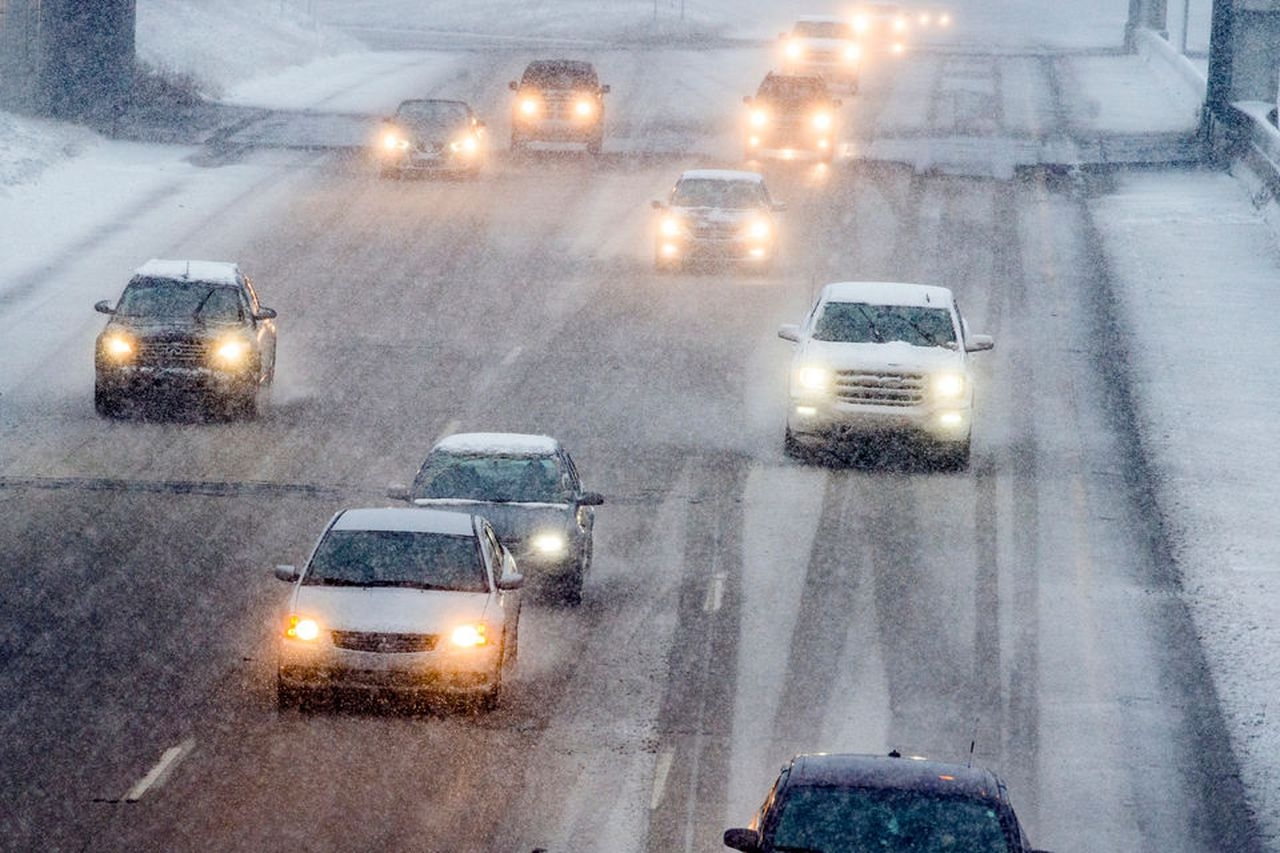 Top 10 Most Dangerous States In America For Winter Driving Top 10 Most Dangerous States In America For Winter Driving Be careful when you drive in the winter in one of these 10 states in America |

